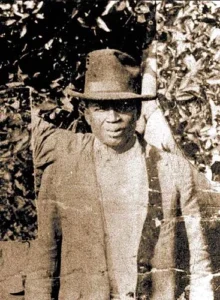
Ocoee
Ocoee, Florida’s history presents a complex picture, marked by both agricultural prosperity and a dark episode of racial violence.
Unveiling the early chapters, Ocoee’s name comes from the Cherokee language, meaning “apricot vine place.” Following the Civil War, Confederate veterans like Captain Bluford Sims settled in the area, establishing the first commercial citrus nursery in the United States. The arrival of the Florida Midland Railroad in the 1880s spurred growth, solidifying Ocoee’s position as a thriving agricultural center.
However, Ocoee’s narrative takes a tragic turn in 1920. On Election Day, a Black man named Mose Norman attempted to vote, a right African Americans had recently gained. This act of defiance led to a violent confrontation, with a white mob storming the home of Norman’s friend, July Perry. The ensuing events resulted in the Ocoee Massacre, a horrific act of racial violence that claimed the lives of dozens of Black residents and forced many others to flee the town.
Following the massacre, Ocoee’s Black population remained sparse for decades. The town primarily focused on citrus production, with the industry facing challenges due to freezes and disease in the later 20th century. Today, Ocoee grapples with its complex past while striving to create a more inclusive future. The city has erected a historical marker acknowledging the Ocoee Massacre, and efforts are underway to promote reconciliation and a more complete understanding of Ocoee’s history.

